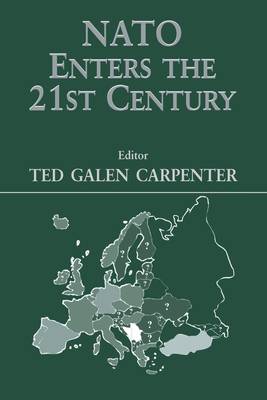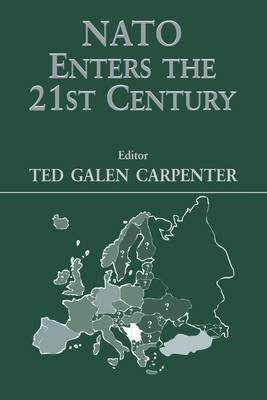
- Afhalen na 1 uur in een winkel met voorraad
- Gratis thuislevering in België vanaf € 30
- Ruim aanbod met 7 miljoen producten
- Afhalen na 1 uur in een winkel met voorraad
- Gratis thuislevering in België vanaf € 30
- Ruim aanbod met 7 miljoen producten
Zoeken
NATO Enters the 21st Century
€ 90,45
+ 180 punten
Omschrijving
NATO's military intervention in Yugoslavia highlights the choices and problems confronting the alliance as it approaches the new century. An alliance created to keep Western Europe out of the Soviet orbit during the Cold War has sought to reinvent itself as a "crisis-management" organization to suppress conflicts on Europe's periphery - and perhaps beyond. Is NATO suited to playing such a role, or is the alliance a Cold War anachronism? How will Russia react to an enlarged NATO focused on out-of-area peacekeeping and conflict-prevention missions? Are there alternative security institutions that might better address Europe's security needs in the post-Cold War era?
Specificaties
Betrokkenen
- Uitgeverij:
Inhoud
- Aantal bladzijden:
- 200
- Taal:
- Engels
- Reeks:
Eigenschappen
- Productcode (EAN):
- 9780714681092
- Verschijningsdatum:
- 1/11/2000
- Uitvoering:
- Paperback
- Formaat:
- Trade paperback (VS)
- Afmetingen:
- 166 mm x 216 mm
- Gewicht:
- 276 g

Alleen bij Standaard Boekhandel
+ 180 punten op je klantenkaart van Standaard Boekhandel
Beoordelingen
We publiceren alleen reviews die voldoen aan de voorwaarden voor reviews. Bekijk onze voorwaarden voor reviews.










